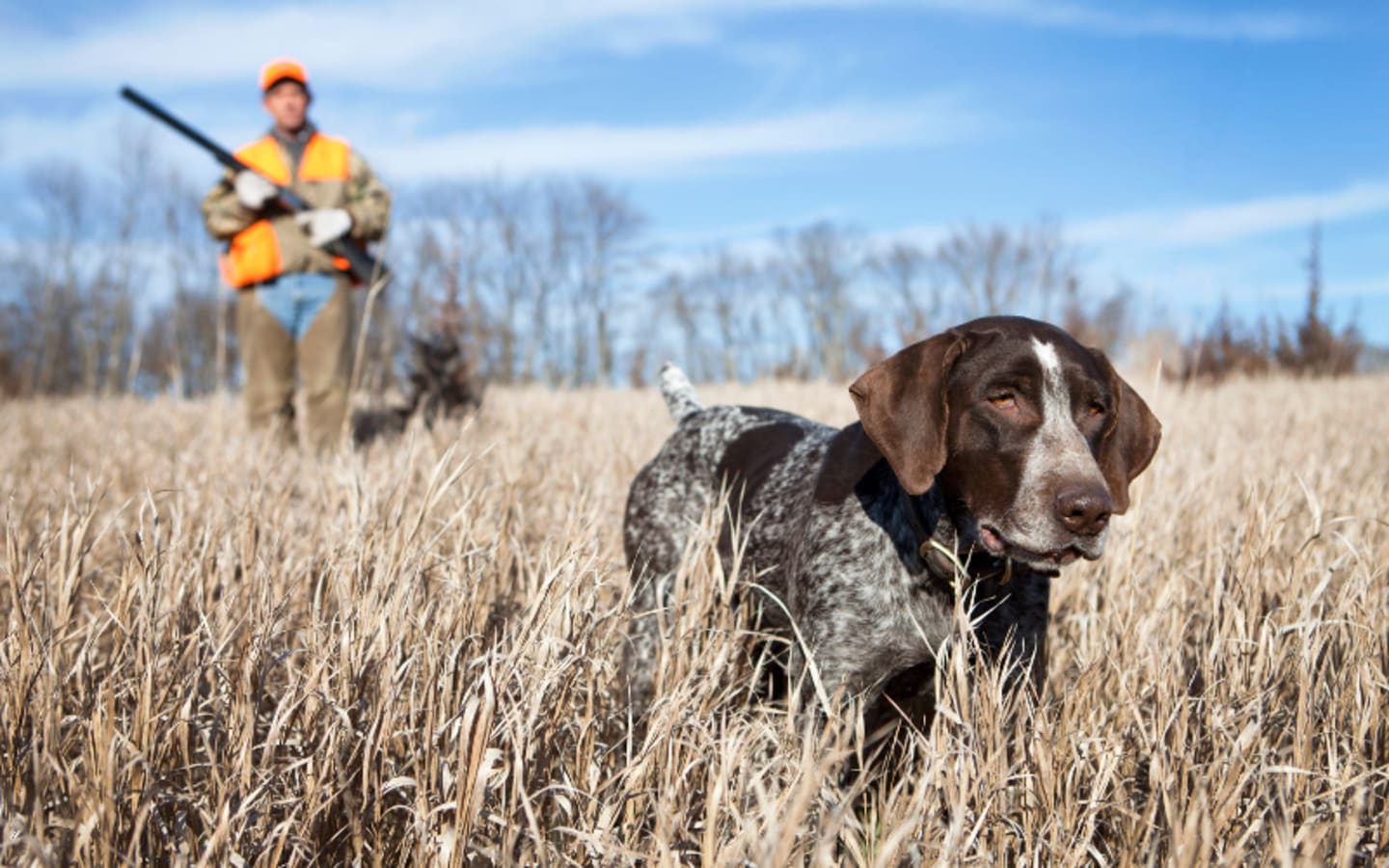On July 3, 2025, President Donald Trump took a significant step to support America’s hunters, outdoorsmen, and outdoor enthusiasts by signing an Executive Order that established the Make America Beautiful Again (MABA) Commission. This new initiative, led by U.S. Secretary of the Interior Doug Burgum, aims to open up public lands for recreation while promoting responsible conservation. The move reflects Trump’s ongoing commitment to preserving the nation’s natural resources and ensuring that Americans can enjoy activities like hunting, fishing, and hiking for generations to come.
The MABA Commission is tasked with addressing what the White House describes as years of mismanagement and overly restrictive policies that have limited access to public lands. These lands, including national parks, forests, and wildlife refuges, are seen as vital to the American spirit of exploration and outdoor recreation. The commission’s goals include expanding access to these areas for a wide range of activities, such as hunting, fishing, hiking, biking, skiing, climbing, boating, off-roading, and wildlife viewing. By doing so, it seeks to balance economic growth with the protection of America’s natural treasures.
The commission is not a one-man show. Alongside Burgum, it includes key figures like Defense Secretary Pete Hegseth, Agriculture Secretary Brooke Rollins, and leaders from the Environmental Protection Agency, White House Office of Management and Budget, Council of Economic Advisors, and Council on Environmental Quality. The White House chief of staff and the presidential assistant for economic policy are also part of this powerhouse team. Together, they will advise the President on how to responsibly manage the nation’s resources while cutting through bureaucratic red tape that has long frustrated outdoor enthusiasts.
This Executive Order builds on Trump’s earlier efforts to support America’s outdoor heritage. Back in August 2020, he signed the Great American Outdoors Act, a landmark piece of legislation that poured critical funding into fixing crumbling infrastructure on public lands and waters. That act also opened up millions of acres for hunting and recreational shooting, boosting the outdoor recreation economy to the tune of $1.2 trillion and supporting five million jobs. The MABA Commission is set to keep that momentum going by further expanding access and promoting sustainable conservation practices that benefit both wildlife and the economy.
One of the key components of this new initiative is its connection to the Expanding Public Lands Outdoor Recreation Experiences (EXPLORE) Act, a bipartisan law signed last year. The EXPLORE Act includes the Range Access Act, which requires the Bureau of Land Management (BLM) and the U.S. Forest Service (USFS) to build and maintain recreational shooting ranges in areas where they’re needed. These ranges will provide more opportunities for firearm and hunting education, training, and target practice, making it easier for Americans to safely engage in shooting sports. This is a big win for the shooting community, offering practical support for skill-building and access to the outdoors.
The National Rifle Association (NRA) has been a vocal supporter of these efforts, emphasizing their importance in protecting America’s hunting traditions. The organization has long championed the rights of hunters and outdoor enthusiasts, and it sees the MABA Commission as a step toward delivering real benefits for its members and supporters. By focusing on voluntary, collaborative conservation efforts, the commission aims to work with state wildlife agencies and other partners to recover fish and wildlife populations without relying on heavy-handed regulations.
Trump’s Executive Order also takes aim at what the administration calls years of bureaucratic overreach that have locked up public lands and restricted activities like hunting and fishing. The White House argues that these restrictions have not only limited access for everyday Americans but also threatened conservation funding, which often relies on revenue from hunting and fishing licenses. By promoting responsible stewardship and cutting delays in environmental management, the MABA Commission hopes to ensure that public lands remain open and accessible while still protecting their natural beauty.
This move is part of a broader vision to strengthen the outdoor recreation economy, which has proven to be a major driver of jobs and prosperity. The $1.2 trillion economic impact of outdoor activities highlights just how important these lands are to communities across the country. Whether it’s a hunter tracking game in a national forest, a fisherman casting a line in a wildlife refuge, or a family hiking through a national park, these experiences connect Americans to their land and heritage.
The MABA Commission is also inspired by the legacy of conservationists like President Theodore Roosevelt, who championed the protection of America’s natural wonders while ensuring they could be enjoyed by the public. During Trump’s first term, his administration made strides in conservation, recovering more endangered or threatened species than any other first-term presidency. The new commission aims to build on that record by using science-based approaches to manage forests and other public lands, reducing wildfire risks, and supporting rural communities.
For many Americans, the ability to access public lands for hunting, fishing, and other outdoor activities is more than just a pastime—it’s a way of life. The MABA Commission’s focus on expanding access while promoting sustainable practices reflects a commitment to preserving that way of life for future generations. By cutting through bureaucratic obstacles and fostering collaboration, the commission is poised to make a lasting impact on how America’s public lands are managed.
As the MABA Commission gets to work, outdoor enthusiasts across the country are eager to see how its policies will take shape. With leaders like Doug Burgum at the helm and a clear mandate to prioritize both access and conservation, the initiative has the potential to reshape the way Americans interact with their public lands. For those who cherish the thrill of the hunt, the peace of a fishing trip, or the adventure of exploring the great outdoors, this Executive Order signals a renewed commitment to keeping America’s natural spaces open, vibrant, and thriving.





